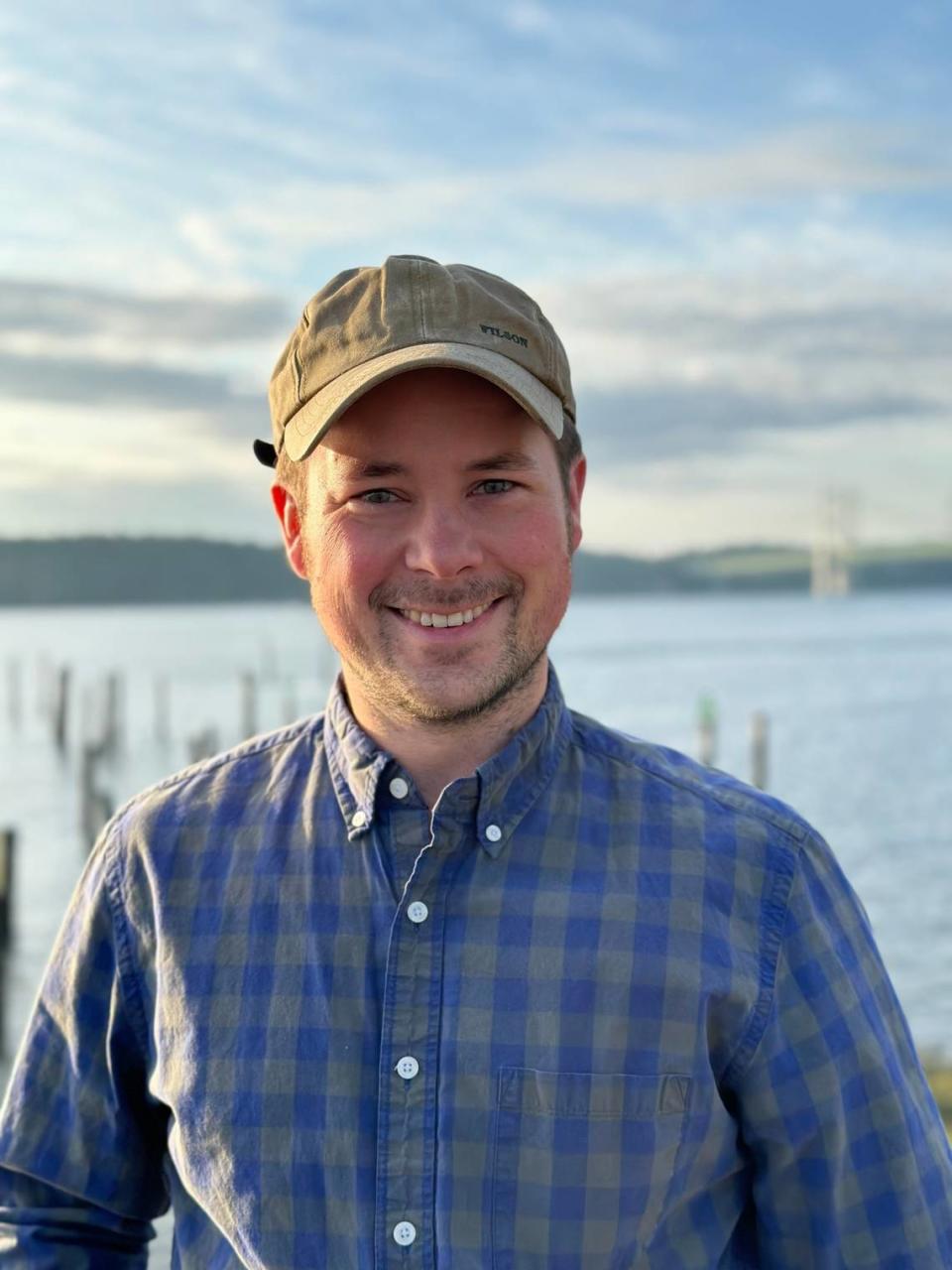I’m a left-leaning outdoorsman who hunts. Here’s why veganism isn’t ‘cruelty-free’ | Opinion

I’ve been an outdoorsman since I was old enough to follow my dad to the local gravel pond to fish for rainbow trout. I had the privilege of not just learning how to hunt and fish from my father, but also having high-quality, free-range meat — usually in the form of salmon, elk or venison — available for dinner. He taught me the value of harvesting food to feed our family, as well as the critical importance of stewarding our environment so that we have places to hunt and fish for future generations. I have continued to share these lessons and privileges with my own family, where I get great joy in watching my son and daughter catch fish, dig clams and enjoy venison or waterfowl that nourish their bodies and help them grow.
But most importantly, I’m teaching them how to be a part of the environment, not apart from it.
I choose to provide food for my family through hunting, fishing and gathering — not just for recreation but also to reduce our impact on the environment. If my family can consume fewer foods from outside the region and less meat from industrial agriculture then we can help reduce our carbon footprint, water consumption and impacts on native habitats.
As a left-leaning outdoorsman, my views on hunting and fishing make me a bit of an anomaly in a political circle where a small-but-vocal minority views my activities as barbaric or cruel. I agree: killing an animal is cruel. And a successful hunt results in the taking of an animal’s life. However, hunters do not desire to kill all of a game species. Rather, an ethical hunter wants to see wild game populations thrive, for if an entire population were to be extirpated then there would be nothing left to hunt.
Some would like to believe they can remove themselves from the environment; that they can completely negate their impacts through their diets, transportation choices or their living situation. But the reality is, no matter how sustainably we live, we still have an impact on the environment and on fish and wildlife species. For example, I’ve seen several comments on social media by those choosing vegan diets suggesting that their choice allows them to live “cruelty-free” since they do not consume meat or animal products. However, the farmlands used to grow their food were cleared of native habitat, and the act of farming results in the deaths of a number of fish and wildlife species (e.g., insects, amphibians, small mammals, etc.).
This is not a condemnation of agricultural practices nor of veganism; nor am I suggesting we simply throw up our hands and quit simply because we can’t stop our impacts on the environment.
Rather, it is an acknowledgment that we are a part of the environment, not apart from it.
No matter the choices we make, we cannot completely sever our ties to the environment, nor should we attempt to. Native Americans have been a part of this landscape on and around the Salish Sea since time immemorial. They hunted, gathered and fished to nourish their communities, and they altered their environment (e.g., intentional fires, fish weirs) to benefit them as well as the fish and wildlife species they depended on. It was Europeans who came to the Pacific Northwest and ended these practices, and it was their ignorance of human involvement in the environment that contributed to the decline in native prairies, salmon runs and old-growth forests. We must abandon this mindset.
We need to play an active role in managing the environment to correct past mistakes (e.g., total wildfire suppression, dam and levee construction, overharvest of wildlife), as well as steward those areas that are providing habitat and ecosystem benefits for humans and wildlife alike. And we need people interacting with and being active stewards of the environment to see its value, as well as to contribute resources for its care.
How each of us goes about doing that will vary. For me, it will mean helping to plant trees and rip up pavement one day, and walking fields and forests in search of wild game the next.
Jordan Rash is a freelance writer, podcaster, outdoorsman and conservation advocate in Tacoma. He’s spent a career on and around the forests, mountains, wetlands, and rivers of the Pacific Northwest fighting wildfires, developing public policy and leading conservation efforts. He can be reached via Instagram at @jordan_rash1.

 Yahoo Sports
Yahoo Sports 